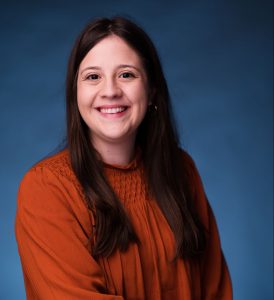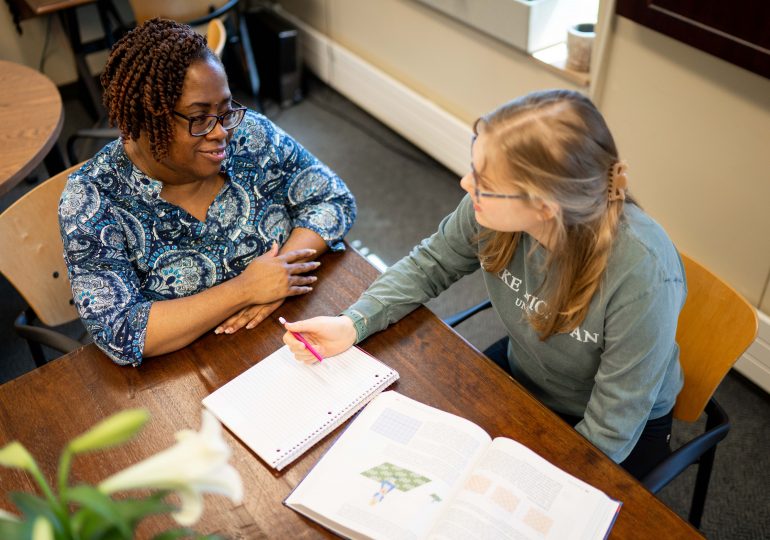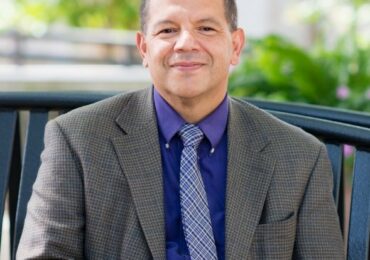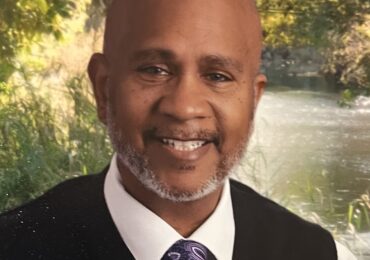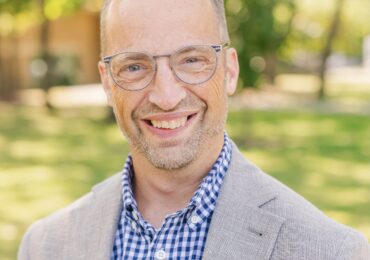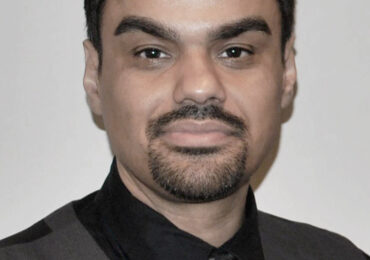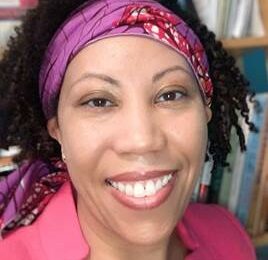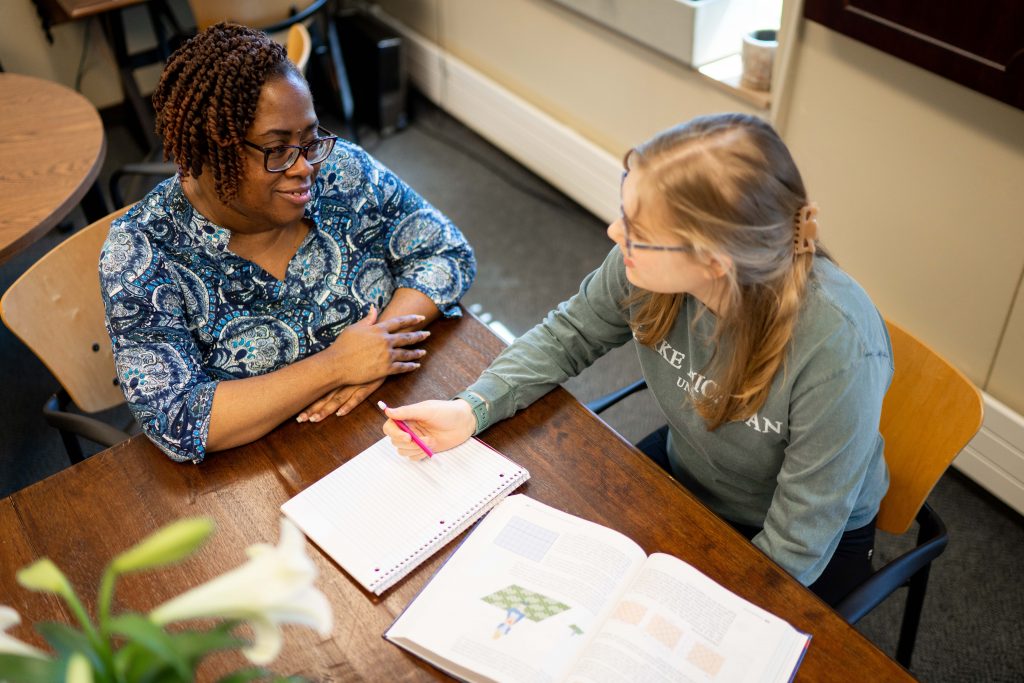
The Center for Teaching and the Good Life’s purpose is to resource the imaginations of faculty and staff as we envision and live into our callings as Christian scholar-teachers. For most faculty members, I imagine their calling as a Christian scholar-teacher feels imminently relatable – they are Christians, they study, and they teach. For myself as a staff member it feels a bit fuzzier – I am a Christian, and I do study, but I do not spend any of my time in the classroom teaching.
Yet the Center insists that every member of the faculty and staff are involved in teaching students. Why? Because Trinity recognizes students as whole persons – and personhood extends well beyond the classroom. When the Center asks, “What does it mean to be human?” and, especially, “How can we help each student live fully into being the particular human God has called them to be?,” we recognize that both staff and faculty play key roles in helping students think about answers to these questions.
Let me illustrate this with a story –
One day in the not-too-distant past when I was a student at Trinity, I arrived at a staff member’s office for a quick conversation about a fairly logistical question. In response to my casual, “How are you today?,” the staff member shared that their morning had been consumed with thoughts about the victims of a national tragedy that had occurred the day before. They spoke briefly about the work it had taken to tend to their own wellbeing and emotional processing while balancing the demands of their day. Our conversation continued normally and we were able to answer the question at hand, but I left their office with a larger question than I had walked in with – what would it look like if I were to structure my life in a way that recognized my own wellbeing as a key priority instead of something to tend to as time allowed? Years of reflection on that question has helped me better understand what it means for myself to be human before I am an employee, student, etc.
This is the type of teaching that Trinity staff get to do – affirming students in their humanity and instructing them further on what it means to be human. And we get to engage in this work (formally and informally!) every day. A few more examples:
- When the Office of Learning Services supports students with accommodation requests, they say to students, “Being human means you deserve equal access – here’s how you can advocate for yourself.”
- When Financial Aid offers graduating students exit-loan counseling, they say, “You are human and you deserve to understand the systems that impact your financial future – here’s how you navigate them.”
- When Student Life works with students to mediate disputes, they say, “Being human means you will encounter conflict – here’s how to walk through it.”
Both inside and outside of the classroom, Trinity staff and faculty recognize students as full persons and guide them in thinking about what it means to be human. This is what the Center means when we talk about teaching, and it’s why we seek to resource the imaginations of faculty and staff as they do this vital work.
